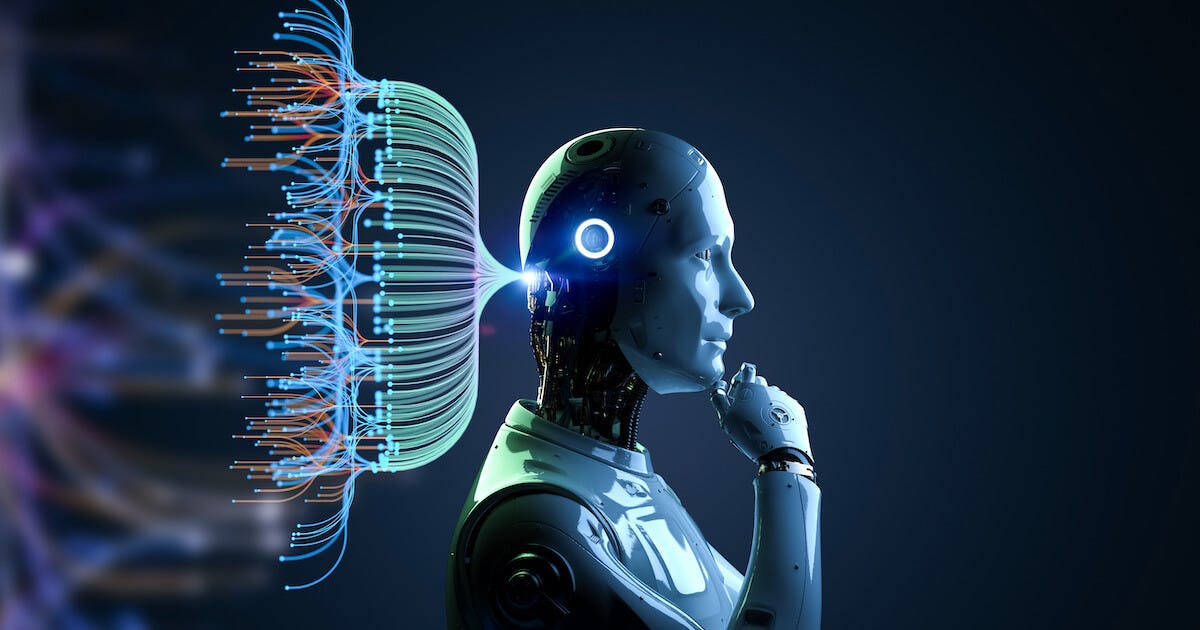In the transformative landscape of modern education, Artificial Intelligence (AI) has emerged as a key player, revolutionizing the way we approach learning and knowledge acquisition. With its unparalleled ability to personalize education, AI is not just enhancing the learning experience; it’s redefining it. This blog delves into how AI is unlocking our learning potential, offering insights into its profound impact on education and the opportunities it presents for learners worldwide.
The Dawn of Personalized Learning
Traditional educational models often operate on a one-size-fits-all approach, which can overlook the unique needs, strengths, and weaknesses of individual learners. AI shatters this mold, introducing personalized learning paths that adapt to the pace and style of each student. By analyzing data on learners’ interactions, progress, and preferences, AI-powered platforms can tailor educational content, ensuring that every learner receives instruction that resonates with them personally. This customization enhances engagement, retention, and ultimately, the mastery of new skills and knowledge.
Overcoming Educational Barriers with AI
One of AI’s most significant contributions to education is its ability to break down barriers that have historically hindered access to learning. Geographical limitations, language barriers, and the high costs associated with traditional education are becoming less obstructive thanks to AI. Virtual classrooms powered by AI can be accessed from anywhere in the world, offering high-quality education to remote and underserved areas. Additionally, AI-driven language processing tools are making learning materials accessible in multiple languages, promoting inclusivity and diversity in education.
The Role of AI in Adaptive Learning
Adaptive learning technology, at the heart of AI’s educational revolution, customizes the learning experience in real-time, based on the learner’s performance and behavior. This approach not only caters to the learner’s current level of understanding but also challenges them just enough to facilitate growth without causing frustration or disengagement. As learners interact with the material, the AI adjusts the complexity and format of content, creating a truly dynamic learning environment that evolves with the student.
AI-Driven Analytics: Transforming Assessment and Feedback
Traditional assessment methods often fail to provide timely and personalized feedback, leaving learners uncertain about their progress and areas needing improvement. AI changes this narrative through real-time analytics and automated feedback systems. These tools offer immediate insights into learners’ performance, enabling them to identify strengths and weaknesses quickly. For educators, AI-driven analytics provide a deeper understanding of each student’s learning journey, allowing for more targeted support and intervention when necessary.
Preparing Learners for the Future
The integration of AI in education does more than improve learning outcomes; it prepares learners for a future dominated by technology. By interacting with AI-driven platforms, students gain essential digital literacy skills and a comfort level with technology that will be invaluable in their professional lives. Furthermore, the problem-solving, critical thinking, and adaptability skills developed through personalized learning experiences are precisely what employers seek in the rapidly evolving job market.
Challenges and Ethical Considerations
Despite its benefits, the adoption of AI in education is not without challenges. Concerns about data privacy, the digital divide, and the depersonalization of education are valid and require careful consideration. Ensuring equitable access to AI-powered education, safeguarding personal data, and maintaining a human element in learning are critical to harnessing AI’s potential responsibly and effectively.
The Road Ahead
The journey of integrating AI into education is ongoing, with research and innovation continuing to push the boundaries of what’s possible. As AI technologies become more sophisticated, their potential to transform education further increases. The key to success lies in collaboration among educators, technologists, policymakers, and learners themselves, working together to ensure that AI serves as a powerful tool for unlocking human potential.
Conclusion
AI is not just changing the way we learn; it’s expanding what’s possible in education. By personalizing the learning experience, breaking down barriers to access, and preparing learners for the future, AI is unlocking our learning potential in ways we’re just beginning to explore. As we stand on the brink of this educational revolution, the promise of AI-powered learning is not only exciting; it’s within reach. The challenge and opportunity before us now are to navigate this new landscape thoughtfully, ensuring that AI in education empowers everyone, everywhere, to reach their highest potential.

